I am writing this for 15-year-old me, teased for having a flat chest.
I am writing this for 25-year-old me, at war with her post-partum body and newly rippled skin.
I am writing this for every woman who feels quite frankly, exhausted, by fighting her own reflection.
I grew up in the Nineties, where skinny was sexy.
In 1999, Victoria Beckham was asked to weigh herself on live TV, after having her son, Brooklyn.
This was the era of Friends, where Monica was at the centre of fat jibes and Rachel was aghast when she learnt an acquaintance had gained weight.
“Hips or thighs,” she says, one hand covering her mouth in horror.
Fast forward to 2022, and there is, thankfully, greater representation both on screen and social media.
Even celebs are speaking out about the pressure in the film industry, and labels above the UK average of a size 16 are becoming more common.
I recently went on holiday and opted for “shaping” swimwear.
That is, until I saw women from other cultures, mainly German.
Stomachs that were not toned, strong thighs which jiggled. Glorious.
Age 30, I realised that my body was not made of playdough.
I’ve thought about body positivity ever since, defined as the social movement which advocates for the acceptance of all bodies, regardless of size, shape, etc.
I’ve spoken to women who are promoting the movement, and found out why we have a long way to go.
Victoria Mutch
Owner of Style for your Shape
Victoria juggles working in the oil and gas industry with running her own clothes shop on Schoolhill in Aberdeen.
She is passionate about promoting body inclusivity, with the shop offering sizes ranging between a size eight and size 28.
Victoria believes that before body positivity can really make a difference, there needs to be focus on body acceptance.
She has recently returned from a trip to Portugal, where she was discouraged from trying clothes on by a shop assistant who claimed nothing would fit.
A Facebook Live on the incident drew in more than 2,000 views.
“My body confidence is about an eight of of 10, I’ve worked hard over the past few years to improve that,” said Victoria.
“When I grew up, it was the time of The Spice Girls and Steps.
“Whilst Spice Girls were the first group to show diversity of character, they were all skinny.
“Now we have artists like Lizzo fully embracing how they look.
“We’re constantly absorbing content on social media, but that can mean always looking at profiles of what you think your body should be like.
“That’s what we need to check.”
Victoria launched her business to help people feel more confident, and the award-winning shop has proven popular with customers.
“People have the same body insecurities regardless of size,” she said.
“The body positive/confidence movement is great.
“But maybe it’s too positive for where we are as a collective.
“We are very body negative, we need to get to the point of acceptance.
“The dialogue we say to ourselves is really important.
“When a company uses someone plus-sized in a campaign, say Vogue, they are praised for it. Then things go back to how it was before.
“The change needs to be ongoing, it’s about having representation for everyone.
“When I was on holiday and was told the clothes weren’t likely to fit me, that could have really knocked me.
“The only reason it didn’t linger is because of the work I’ve done on myself for the last four to five years.
“Some people will have had the same experience right here in Aberdeen, and that’s just not right.”
Lisa Ross
Artist and founder of body positivity workshops
Lisa Ross, who is a mum of three and currently in her third year at Gray’s School of Art, ran an exhibition last year to celebrate body positivity.
“Shameless” saw 50 nude portraits displayed to champion and celebrate every body type.
Lisa has since gone on to run workshops, encouraging people to look inwards at themselves.
“Why can we not just be ourselves?” said Lisa.
“I think women of all shapes and sizes are becoming more appreciated, I love that.
“Whether one boob is bigger than the other, or belly rolls.
“Magazines, for example, have been detrimental for so long, but we are slowly seeing changes.
“You’ve got to remember that for decades it was all about being skinny and having big boobs.
“It’s ingrained and expected of women
“When in fact you can be healthy no matter what size you are.
“I hope my children’s generation will carry on the body positivity message, and show the world that they won’t conform.”
Celebs promoting body positivity
Lizzo, Demi Lovato, Serena Williams and Anne Hathaway, have all used their social media platforms to promote body positivity and acceptance.
A positive body image can feed into everything, from physical to mental health and self-esteem.
How we talk about our body around our children can also influence their own relationship with their appearance, and in turn with food.
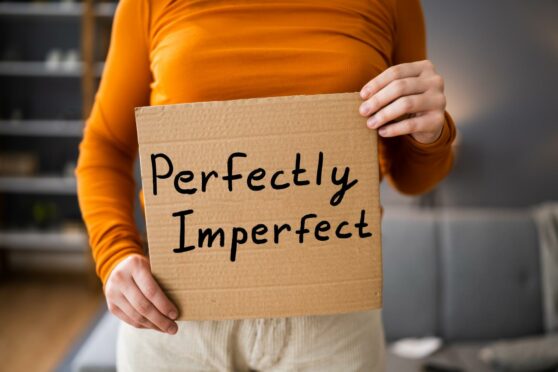
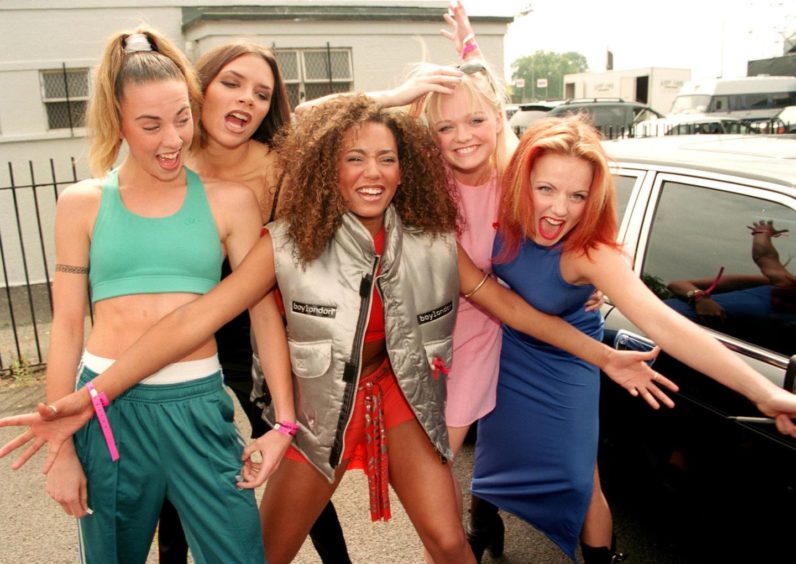


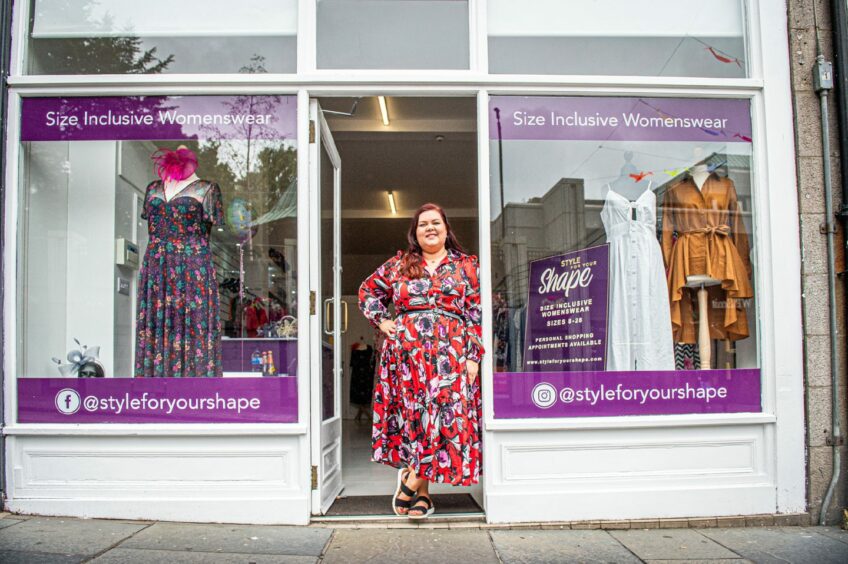
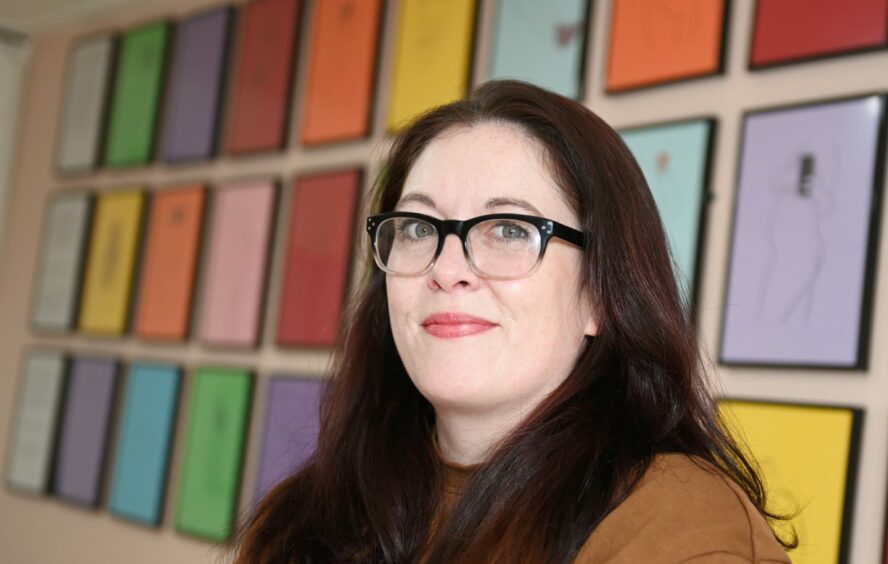
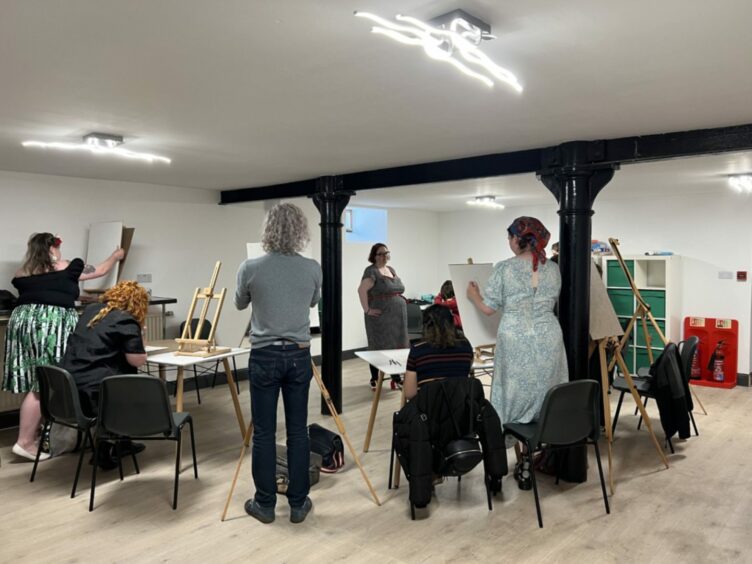
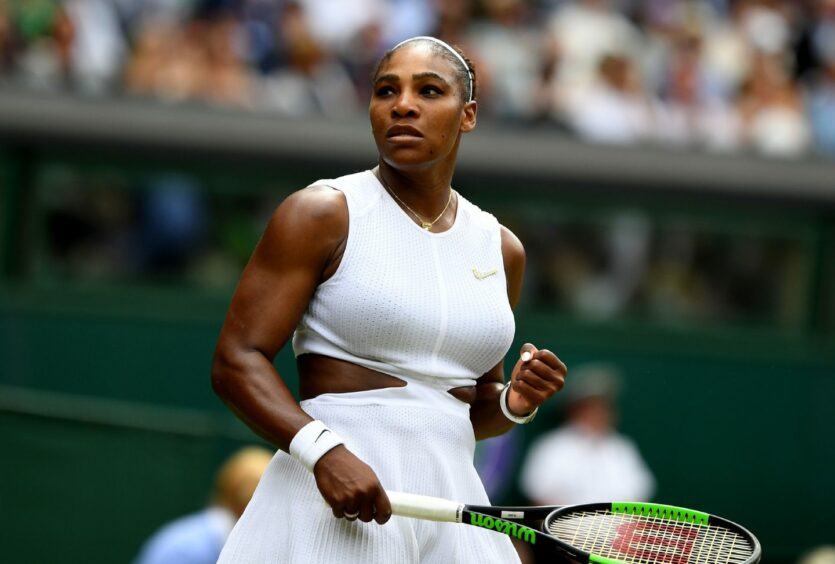

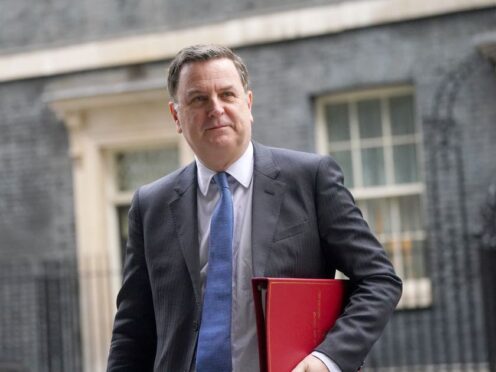
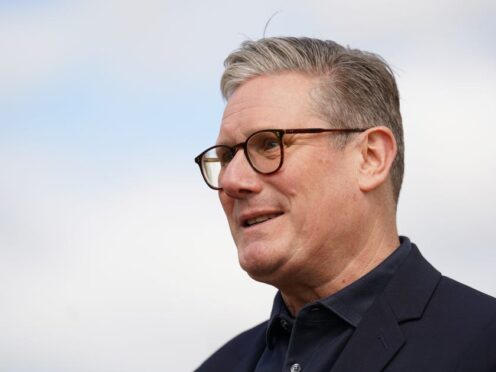


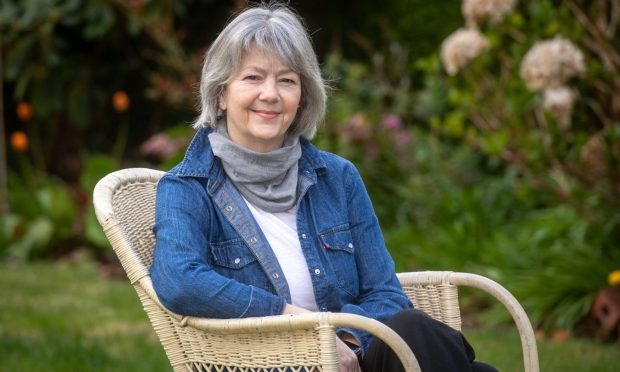


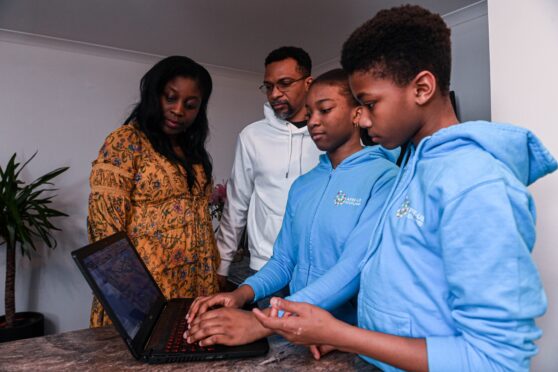
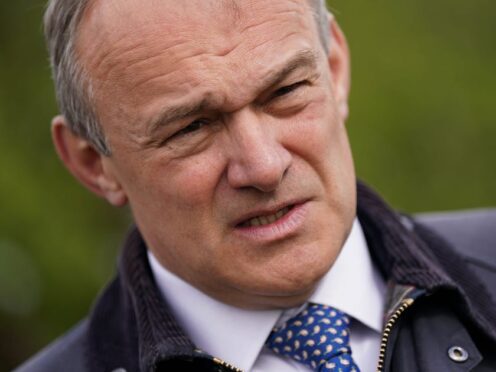
Conversation